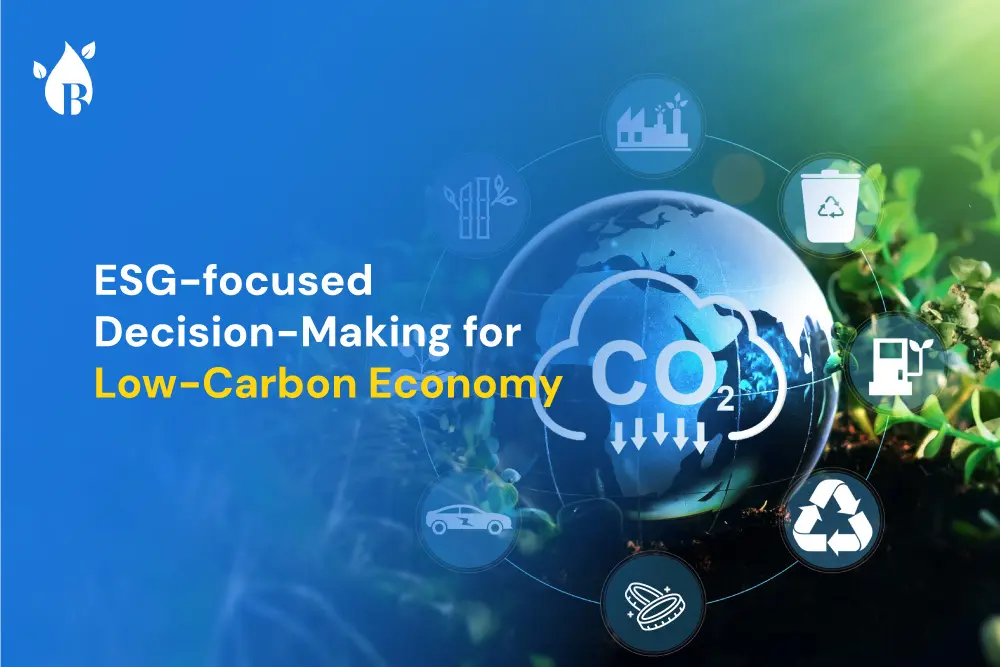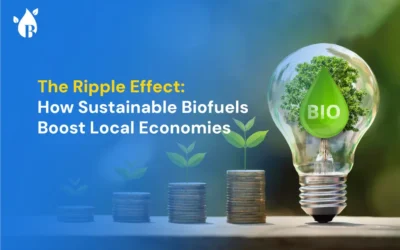
What is Environmental, Social and Governance (ESG)?
1. environmental responsibility,
2. social sustainability, and
3. corporate governance practices.
These criteria are considered important indicators of a company’s commitment to sustainability and responsible business practices.
Why is Environmental, Social and Governance (ESG) Important?
Who sets the ESG standard?
Three Critical Dimensions of ESG
1. Environmental Factors: This aspect of ESG evaluates a company’s impact on the natural environment. It includes assessing the company’s carbon footprint, energy efficiency, water usage, waste management practices, pollution levels, and efforts to mitigate climate change.
2. Social Factors: The social aspect of ESG focuses on a company’s relationships with its employees, customers, suppliers, and the communities in which it operates.
3. Governance Factors: Governance refers to the internal structure and decision-making processes of a company. This aspect of ESG involves assessing the quality of the company’s management, board independence, executive compensation, shareholder rights, transparency in financial reporting, and adherence to ethical business practices.
Related Read: Emissions: Understanding Scope 1, 2 & 3
Benefits of ESG-focused Decision-Making
1. Risk Mitigation: By addressing environmental and social risks, businesses can reduce their exposure to potential liabilities and regulatory fines.
2. Innovation and Resilience: Embracing sustainability often drives companies to innovate and adopt new technologies and practices that reduce their environmental impact. This focus on innovation enhances the company’s resilience to changing market conditions and consumer preferences.
3. Enhanced Brand Reputation: Companies with a strong commitment to ESG principles are more likely to be viewed positively by consumers, investors, and other stakeholders. A positive brand reputation can lead to increased customer loyalty and attract long-term investors.
4. Access to Capital: Investors are increasingly considering ESG factors when making investment decisions. Businesses with robust ESG practices are more likely to access capital from a broader range of sources and potentially at lower costs.
5. Employee Engagement and Retention: Younger generations of employees are particularly drawn to companies with a sense of purpose and strong sustainability practices. Attracting and retaining top talent can be easier for companies that prioritize ESG.
How Biofuels Help in ESG?
Join forces with Buyofuel and get in touch with leading biofuel manufacturers, suppliers, and producers specializing in a diverse array of biofuels, biomass briquettes, and biodiesel.



